Our Fellows
The Conference of Defence Associations Fellowship Programme consists of experts and practitioners in academia, the diplomatic core, industry, government, and the armed forces. Our fellows create a core of expertise that the Institute draws upon for its research, analysis, and commentary on current affairs.

Dr. Christopher Ankersen, PhD., MSc
Associate Professor
Center for Global Affairs
Areas of Expertise: Continental defence, Canadian Defence Policy, Arctic Security
Dr. Christopher Ankersen is Clinical Associate Professor at the Center for Global Affairs, where he teaches in the Transnational Security concentration. Prior to joining NYU, Christopher was the Security Advisor for the United Nations system in Thailand (2012-2017). Previously, he held positions at the UN Assistance to the Khmer Rouge Trials in Phnom Penh, Cambodia (2010-2012); the UN Offices in Geneva (2007-2010) and Vienna (2006-2007); and with the Department of Safety and Security in New York, where he was Desk Officer for Iraq (2005-2006).
From 2002 to 2004, Dr. Ankersen was a Ralf Dahrendorf Scholar at the London School of Economics and Political Science. He has taught at the LSE, the London Centre for International Relations, King’s College London, Carleton University, and the Royal Military College of Canada and has lectured at staff colleges in Canada, Australia, and Denmark. From 2000 to 2005, he acted as a policy and strategy consultant to militaries, governments and private firms in the UK and Canada. From 1988 to 2000, Dr. Ankersen was an officer in the Canadian Forces, serving in Princess Patricia’s Canadian Light Infantry, including on overseas missions with the UN and NATO.
Dr. Ankersen is a member of the Regional Consultative Group for Asia and the Pacific on Civil-Military Coordination in Disaster Relief; a Senior Research Fellow at the German-Southeast Asian Center of Excellence for Public Policy and Good Governance (CPG), Faculty of Law, Thammasat University, Thailand; and a Senior Fellow at the Canadian International Council. He currently serves as an associate editor with the journal International Politics Reviews. Dr. Ankersen is co-founder of the NYU Project on Armed Forces and Society.
His research interests include civil military relations, strategic studies, international security, and crisis/disaster response. He is particularly interested in the geopolitics and transnational security issues of Southeast Asia.
Christopher Ankersen holds a BA (Hons) in International Politics and History from Royal Roads Military College (Canada) and an MSc and PhD in International Relations from the London School of Economics and Political Science.

Dr. Olivier Choinière
Professor, Université du Québec
Dr. Olivier Choinière is a professor in project management at the Université du Québec à Rimouski (UQAR) and an affiliated researcher with the Centre for Studies in Governance at the University of Ottawa and the CDA Institute. He holds a Ph.D. in public management from the University of Ottawa and a Master’s degree in public administration from ÉNAP. Olivier has expertise and experience in project, change and risk management as well as corporate governance. He is currently working on a multi-year research project on the National Shipbuilding Strategy. Prior to joining academia, Olivier has successfully completed numerous high-level strategic projects for public organizations, including the Department of National Defence, in addition to having held an executive position in the federal government at Innovation, Science and Economic Development Canada. Olivier is a Certified Management Consultant (CMC) as well as a Certified Project Manager (Prince 2).

Colonel Charles Davies (Ret’d)
Areas of Expertise: Defence procurement, National Security and Defence policy, Defence management
Colonel Charles Davies (Retired) is a former Canadian Armed Forces Logistics officer and Public Servant. He held a number of senior positions in the Department of National Defence, including four years as the strategic planning director for the Material Group and three years as the senior director responsible for material acquisition and support policy across the Department. He is also a former chair of the senior NATO committee responsible for Alliance policies and processes related to the acquisition and life cycle management of major defence systems. Since retiring from DND in 2013 he has been researching and writing on defence management, defence procurement, and national security and defence policy issues.

Dr. Andrew Forde
Areas of Expertise: Artificial Intelligence, Information Systems, Big Data Analytics.
Andrew is a partner at KPMG within the Management Consulting, Technology Strategy & Digital Transformation practice, bringing over 16 years of experience in solving complex challenges and leading teams to deliver innovative solutions across various technological and management domains. His expertise lies in developing and validating data programs, guiding technology strategies focused on business needs, and implementing advanced analytics and technology solutions. Andrew specializes in applied AI, data and analytics strategy, engineering ontologies, unsupervised learning, preprocessing, and algorithm development.
Known for his strategic foresight, Andrew has a demonstrated history of guiding numerous organizations in the development and validation of data programs, steering business-focused technology strategies, and deploying advanced analytics and technology solutions. He possesses a specialization in applied AI, data and analytics strategy, engineering ontologies, unsupervised learning, preprocessing, and algorithm development. His methodologies center on creating business value, optimizing organizational priorities, and maintaining robust governance and risk management frameworks.
Andrew excels at connecting data cloud infrastructure with the essential tech to propel AI initiatives and digital transformation. He provides scalable data solutions and the computational might required for real-time data processing and analysis, essential for cutting-edge AI applications. His focus on creating a solid, scalable, and secure infrastructure allows organizations to develop and maintain effective and sustainable AI solutions. This synergy accelerates innovation, improves decision-making, and enhances strategic planning.
He is also an Adjunct Professor of Applied Science and Engineering at the University of Toronto, sharing his extensive knowledge and insights with budding professionals.
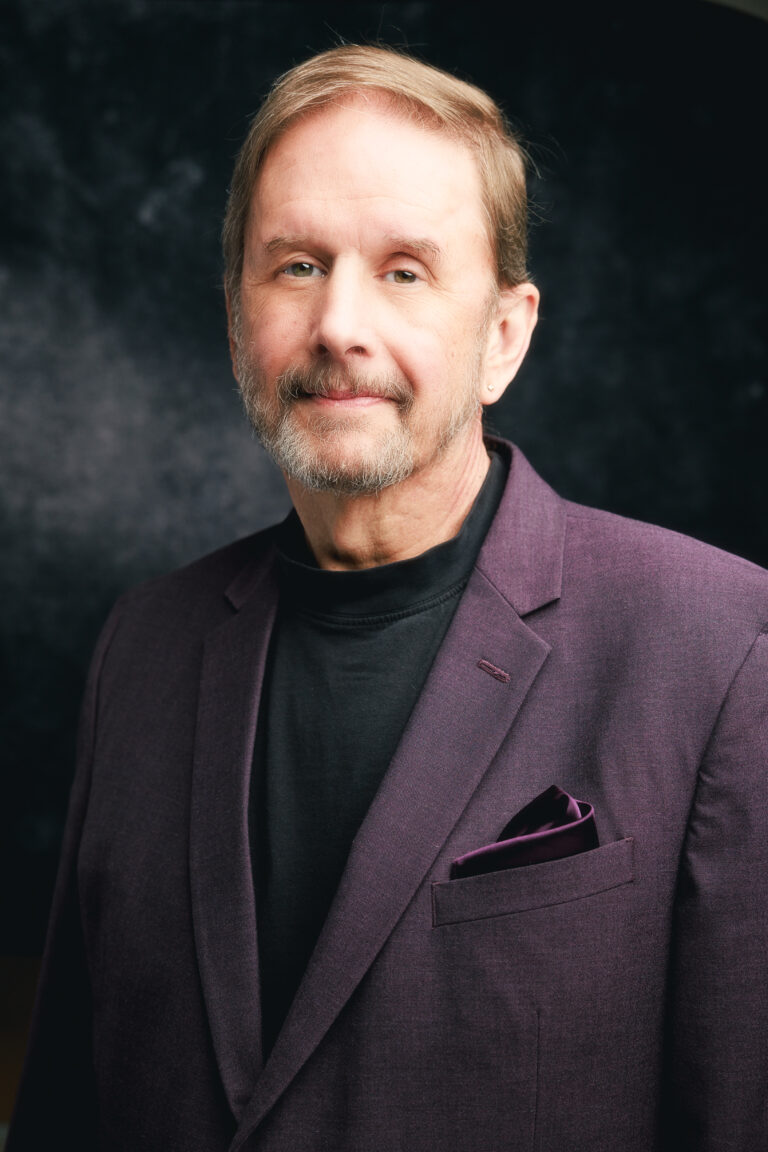
Dr. Rob Huebert
Professor, University of Calgary
Rob Huebert is a professor in the Department of Political Science at the University of Calgary. He also is the Director of the Centre for Military, Security and Strategic Studies. He was appointed as a member to the Canadian Polar Commission (now renamed Canada Polar Knowledge) for a term lasting from 2010 to 2015. He is senior fellow with the Laurier MacDonald Institute; a fellow with the Centre for Military, Security and Strategic Studies; a research fellow with the Canadian Global Affairs Institute; and a senior fellow with the Conference of Defence Associations Institute.
Dr. Huebert has taught at Memorial University, Dalhousie University, and the University of Manitoba. He publishes on the issue of Canadian Arctic Security, Maritime Security, and Canadian Defence. His work has appeared in International Journal; Canadian Foreign Policy; Isuma- Canadian Journal of Policy Research and Canadian Military Journal. He was co-editor of Canada and the Changing Arctic: Sovereignty, Security and Stewardship; Commercial Satellite Imagery and United Nations Peacekeeping and Breaking Ice: Canadian Integrated Ocean Management in the Canadian North. He also comments on Canadian security and Arctic issues in both the Canadian and international media.

Marcus Kolga
Areas of Expertise: Disinformation, Russian and Central and Eastern European issues, Canadian Foreign Policy
Marcus Kolga is an international award winning documentary filmmaker, journalist, digital communications strategist, and a leading Canadian expert on Russian and Central and Eastern European issues. Marcus has a focus on communications and media strategies as tools of foreign policy and defence, and continues to write commentary for national and international media including the Globe and Mail and Toronto Star. He is the co-founder and publisher of UpNorth.eu, an online magazine that features analysis and political and cultural news from the Nordic and Baltic region. He frequently comments on Russian, Eastern and Central European issues on North American radio and television and at foreign policy conferences. Marcus is involved with international human rights organizations and national political organizations. In 2008 he spearheaded an effort to make August 23rd, the anniversary of the Molotov-Ribbentrop Pact, a Canadian national day of remembrance for the European victims of Nazism and communism – Black Ribbon Day – by drafting a parliamentary resolution that was introduced and passed by Hon. Bob Rae. In 2015, Marcus was awarded the Estonian Order of the White Star by President Toomas Hendrik Ilves.

Dr. P. Whitney Lackenbauer
Professor
School for the Study of Canada
Trent University
Areas of Expertise: Arctic Security, Canadian Defence/Foreign Policy, Canadian History
(Paul) Whitney Lackenbauer (pronouns he/him) is Canada Research Chair (Tier 1) in the Study of the Canadian North and Professor in the School for the Study of Canada at Trent University. He is Honorary Lieutenant-Colonel of 1st Canadian Ranger Patrol Group based in Yellowknife, Northwest Territories. He is also a Fellow with the Bill Graham Centre for Contemporary History at the University of Toronto; the Arctic Institute of North America; the Centre for Military, Security and Strategic Studies at the University of Calgary; and an adjunct professor with the Brian Mulroney Institute for Government at St. Francis Xavier University. Whitney specializes in Arctic security, sovereignty and governance issues, modern Canadian military and diplomatic history, and Indigenous-state relations.

Justin Massie
Professor of Political Science
University of Quebec
Areas of Expertise: Canadian Foreign/Defence Policy, International security, Military interventions
Justin Massie is Full Professor of political science at the Université du Québec à Montréal and Co-Director of the Network for Strategic Analysis. He was the 2019 Fulbright Visiting Research Chair in Canada-U.S. Relations at Johns Hopkins University’s School of Advanced International Studies (SAIS) in Washington, DC. His research focuses on the global power transition, multinational military coalitions, and Canadian foreign and defence policy. His work has been published in several journals, including Foreign Policy Analysis, Contemporary Security Policy, Comparative Strategy, Canadian Journal of Political Science, International Journal (winner of the best article published in 2017), Journal of Transatlantic Studies, Canadian Foreign Policy Journal (winner of the best article published in 2008) and Études internationales (winner of the best article published in 2011). He is the author of Francosphère : l’importance de la France dans la culture stratégique du Canada (PUQ, 2013), and co-editor of Paradiplomatie identitaire : Nations minoritaires et politique extérieure (PUQ, 2019) and America’s Allies and the Decline of U.S. Hegemony (Routledge, 2019).
Dr. Stephen R. Nagy
Professor of International Studies and Politics
International Christian University
Areas of Expertise: Japanese and Chinese foreign policy, Indo-Pacific region, Canadian foreign policy
He serves as the Director of Policy Studies for the Yokosuka Council of Asia Pacific Studies (YCAPS) spearheading their Indo-Pacific Policy Dialogue Series and was a Governor for the Canadian Chamber of Commerce in Japan (CCCJ) 2022-2024.
Stephen provides macro-level geopolitical analysis on trends in the region to businesses, governments and the media. He has published widely in peer-reviewed international journals such as China Perspectives, East Asia, the Journal of Asian Politics and History and the International Studies Review on topics related to trade, nationalism and China-Japan relations. He has also published in think tank and commercial outlets such as the China Economic Quarterly and the World Commerce Review on trade and political risk. In addition to writing in media and policy forms outlets in Japanese and English such as Diamond OnLine, SCMP, the East Asian Forum and Policy-net on issues facing the region. He is a frequent political/ economic and security commentator on Japan-China-Korea-US relations in Japanese and international media outlet such as the New York Times, BBC, CNN, SCMP, The Japan Times, The National Post, cNBC, Al Jazeera, Channel News Asia, Australian Broadcasting Corporation, etc.
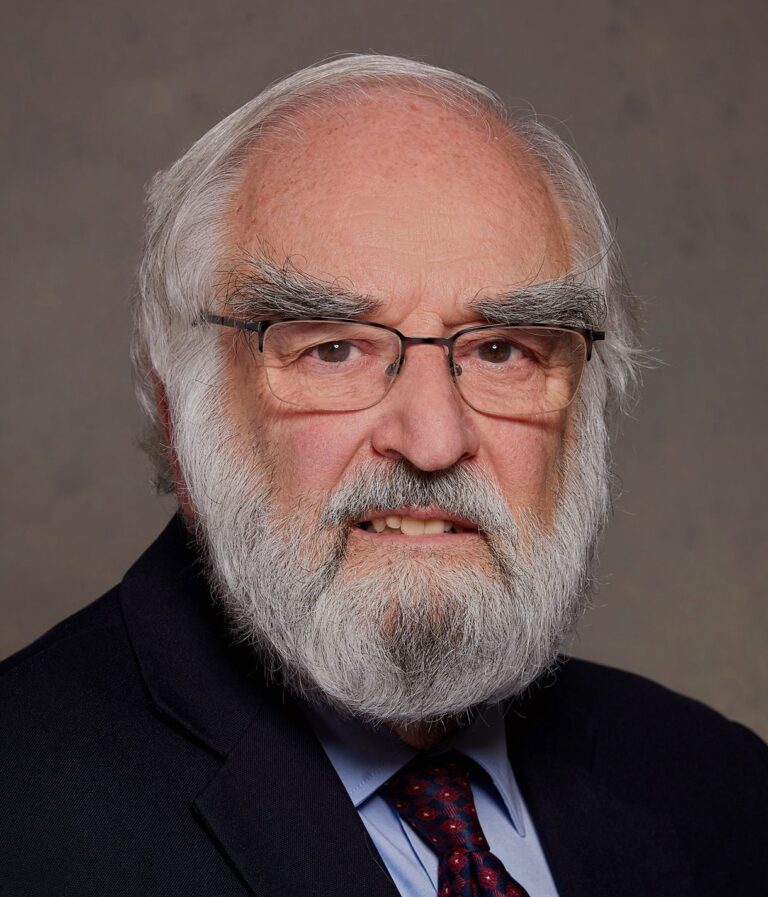
Kim Richard Nossal
Professor emeritus, Queen’s University
Kim Nossal received his PhD from the University of Toronto in 1977. He taught at McMaster University from 1976 to 2001, when he moved to Queen’s University to head the Department of Political Studies (2001–2009). He subsequently served as director of the Centre for International and Defence Policy at Queen’s from 2011-2013 and director of the School of Policy Studies from 2013 to 2015 before retiring from Queen’s in 2020. He was awarded an honorary degree by the Royal Military College of Canada in 2017 and elected a Fellow of the Royal Society of Canada in 2019.
He is the author of a number of works on Canadian foreign and defence policy, including The Politics of Canadian Foreign Policy, co-authored with Stéphane Roussel and Stéphane Paquin; this book has gone through four editions in English, two editions in French, and has been translated into Chinese. Nossal’s latest book, Canada Alone: Navigating the Post-American World, was published by Dundurn Press in 2023.

Cleo Paskal
Areas of Expertise: Indo-Pacific region, China, Climate Change
Cleo Paskal is Non-Resident Senior Fellow for the Indo-Pacific, Foundation for Defense of Democracies, Washington, D.C.; a Visiting Fellow, Centre d’études et de recherches internationales de l’Université de Montréal (CÉRIUM); and on the International Boards of Advisors of Kalinga Institute of Indo-Pacific Studies, India and the Global Counter Terrorism Council, India.
She has testified before U.S. Congress, is a regular speaker at professional development programs for senior members of the U.S. military and has briefed government departments of the U.S., United Kingdom, Germany, the European Union, India and others. She has lectured at, among many others, the U.S. Army War College, Center for Homeland Defense & Security (Naval Postgraduate School, Monterey), Inter-American Defence Board (D.C.), the Royal College of Defence Studies (U.K.), the National Defence College (India), Centre for National Security Studies (Canadian Forces College), NATO, and the National Defence College (Oman).
Ms. Paskal is widely published in both the academic and popular press and recently completed a two-year assignment as research lead on a Chatham House project examining perceptions of strategic shifts in the Indo-Pacific from the points of view of the Unites States, Japan, India, Oceania, the United Kingdom, France and China.
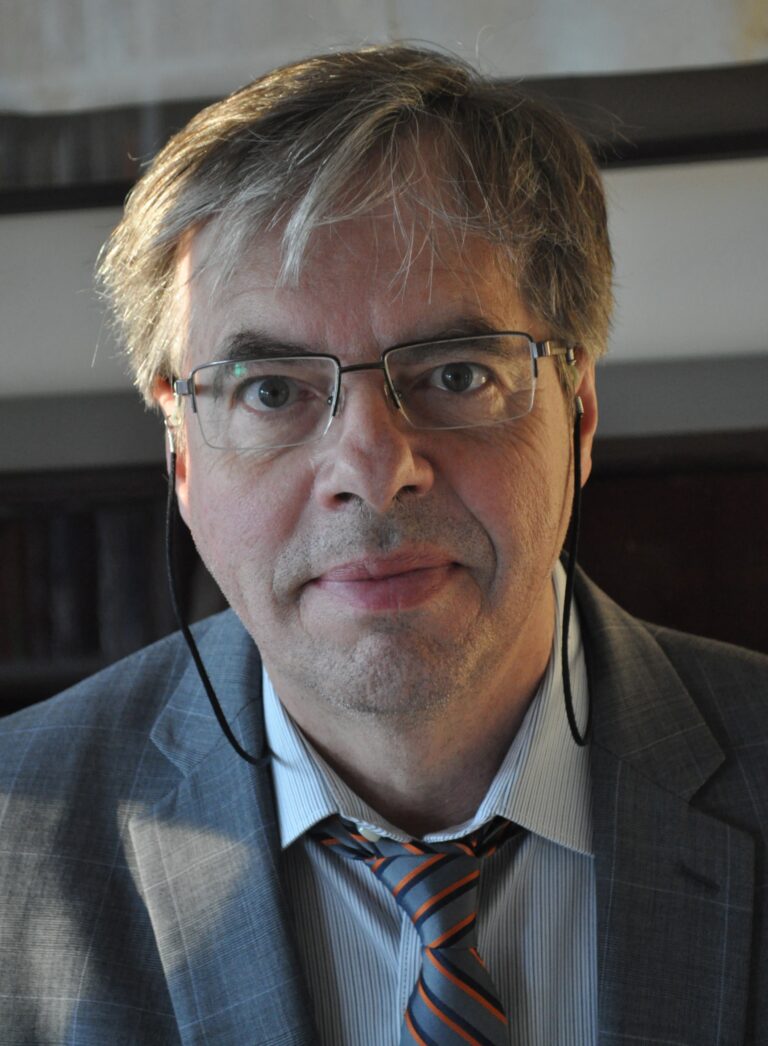
Dr. Wesley Wark
National security and intelligence expert
Wesley Wark is a senior Fellow at the Centre for International Governance Innovation, in Waterloo, Canada, where he co-directed a major project on Canadian National Security Strategy. He is co-author of the CIGI special report published in 2021, “Reimagining a Canadian National Security Strategy”.
Professor Wark served as a member of the Prime Minister’s Advisory Council on National Security for two terms (2005-2009) and on the President of the Canada Border Services Agency’s Advisory Committee (2006-2010). He was an advisor to the Minister of Public Safety on national security policy and legislation between 2015 and 2019. He was the co-lead for the submissions provided by the Centre for International Governance Innovation to the current Public Inquiry on Foreign Interference, and wrote an expert report for the Public Order Emergency Commission.
He spent most of his academic career at the University of Toronto, where he taught from 1988 to 2013. Prior to joining the University of Toronto, he taught at the London School of Economics, McGill University and the University of Calgary. He holds a Ph.D. from the London School of Economics and an M.A. from Cambridge University. He currently teaches professional courses on intelligence and security and on national security and intelligence review offered through the Balsillie Executive Institute. He is a fellow at the Balsillie School of International Affairs
He is a frequent contributor to the Canadian media on national security issues and is often invited to appear before Parliamentary committees to give testimony. He writes a newsletter on national security and intelligence issues, available at wesleywark.substack.com, and has published widely in the field of intelligence and national security studies.
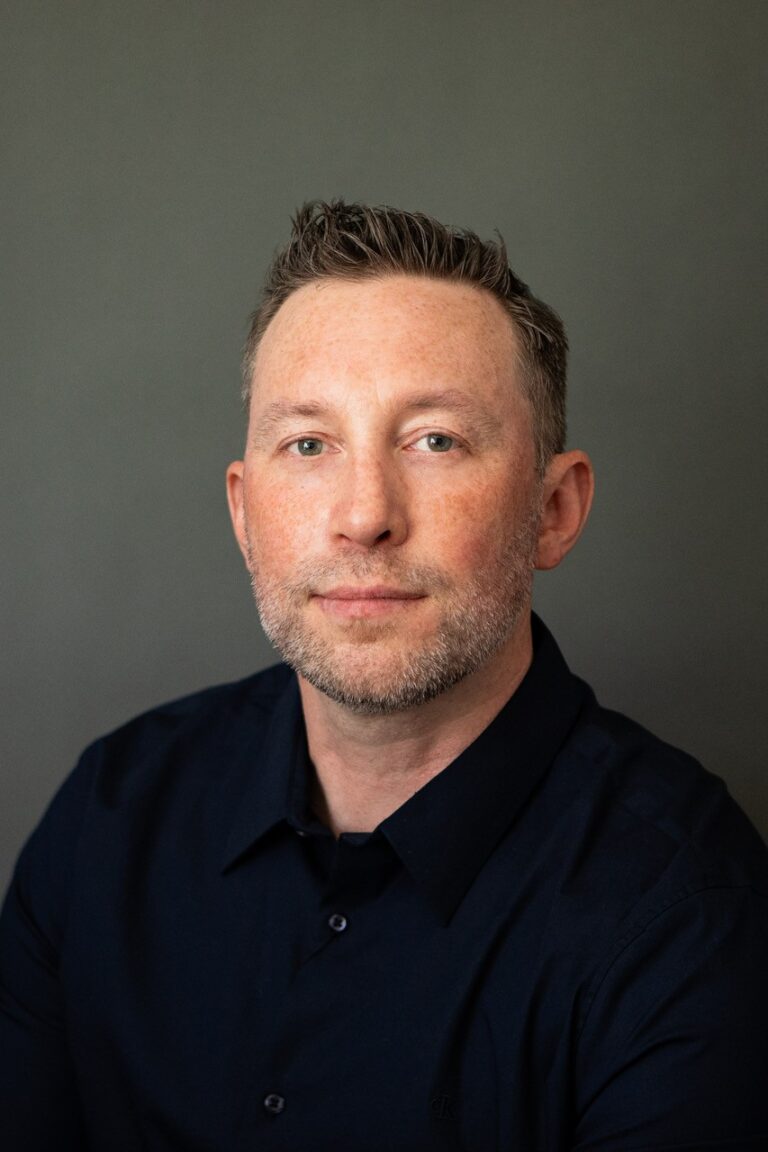
David Borys
Military Historian
David Borys is a Canadian military historian from Vancouver who has over a decade of experience teaching university and college courses on Canadian military history. His own research focuses on Canada and the world wars with particular focus on the relationship between the military and civilian populations. His published works include a wide variety of articles covering Canadian military history and have been printed in academic journals such as Canadian Military History Journal and in print media such as the Globe and Mail and the Toronto Star.
His first book is titled Civilians at the Sharp End: First Canadian Army Civil Affairs in Europe, 1944-1945. His second and most recent book is titled Punching Above Our Weight: The Canadian Military at War Since 1867 and was published by Dundurn in 2024. This book made the coveted list for top 100 non-fiction books of 2024 put out by The Hill Times. He makes regular appearances on television history programs such as APTN’s Nations at War and National Geographic’s Hitler’s Last Stand. David is also the producer, writer and host of the popular Canadian history podcast, Curious Canadian History. Now in its eleventh season the show continually ranks in the top 50 of all history podcasts in Canada.
David is also the producer and host of his newest podcast The Conflict and Culture Podcast which explores anything and everything to do with military history beyond the battlefield.
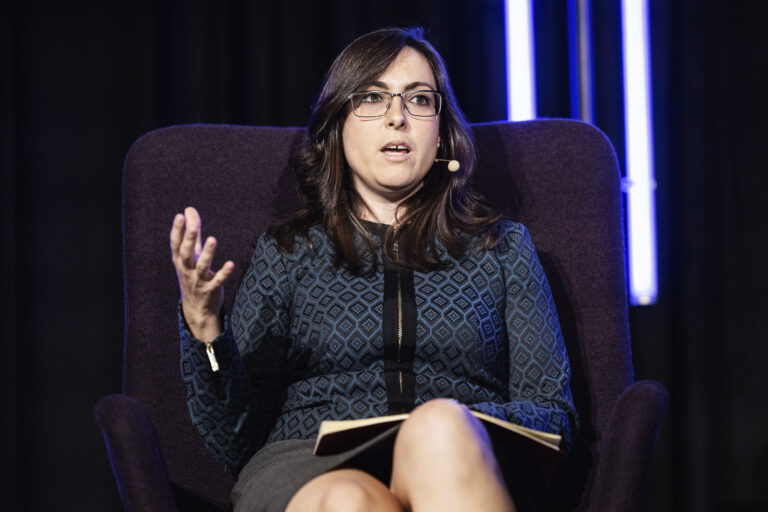
Marisol Maddox
Senior Arctic Fellow at the Institute of Arctic Studies in the Dickey Center at Dartmouth
Junior Fellows

SiLang Huang
Areas of Expertise: Contentious Politics, Digital Authoritarianism, Surveillance, China.
SiLang Huang is a Ph.D. student in the Political Science Department at the University of Toronto, concentrating on Comparative Politics and Public Policy, with a specific interest in transnational repression, labor movement, and digital authoritarianism with an area focus on China. Her research utilizes political ethnography to examine the strategies of digital resistance employed by activists against state mechanisms in authoritarian contexts. She received her master’s degree in political science from the University of Toronto. Also, she completed a Bachelor of Philosophy in International and Area Studies with honours from the University of Pittsburgh. Before she joined the University of Toronto, she was a Toronto-based journalist working with different community members in the Greater Toronto Area. In addition, she worked with Toronto & York Region Labor Council as a digital campaigner, advocating for labor right in Canada.
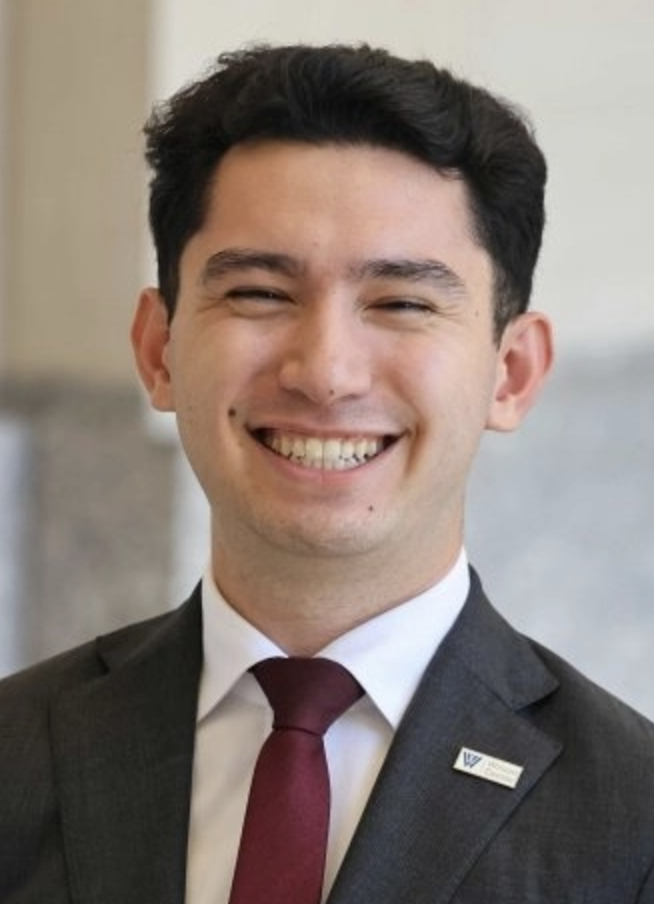
Xavier Delgado
Senior Program Associate at the Wilson Center’s Canada Institute
Born and raised in Vancouver, British Columbia to a family of Filipino immigrants, Mr. Delgado is a proud Canadian with a background in security studies and political economy.
At the Wilson Center, Mr. Delgado is the Research Director for the Washington Forum on the Canadian Economy, staff lead for the Canada-US Commission on China and the Canada-US Legal Symposium, and the Project Manager for the Thinking Canada publication series. He also produces Canusa Street – a podcast collaboration with the Canadian American Business Council – and writes frequently on issues relating to national security, innovation policy, and Canada’s evolving role in the Indo-Pacific.
Outside of the Wilson Center, Mr. Delgado is a member of the Oxford Analytica contributor network and co-president of the young professionals network North America 3.0. His policy commentary has appeared on and in major media outlets, including the Globe and Mail, CBC, CNN, BBC, and NPR.
Prior to joining the Canada Institute, Mr. Delgado worked under the Finance Counselor at the Canadian Embassy in Washington, DC and for former Minister of Justice and Attorney General Jody Wilson-Raybould in the Vancouver-Granville Constituency Office. He briefly worked with the Goethe Institut’s Western Europe headquarters in London on digital outreach and marketing strategy. Mr. Delgado graduated from Georgetown University’s Walsh School of Foreign Service, earning a B.S. in Foreign Service and an Honors Certificate from the Landegger Program in International Business Diplomacy.